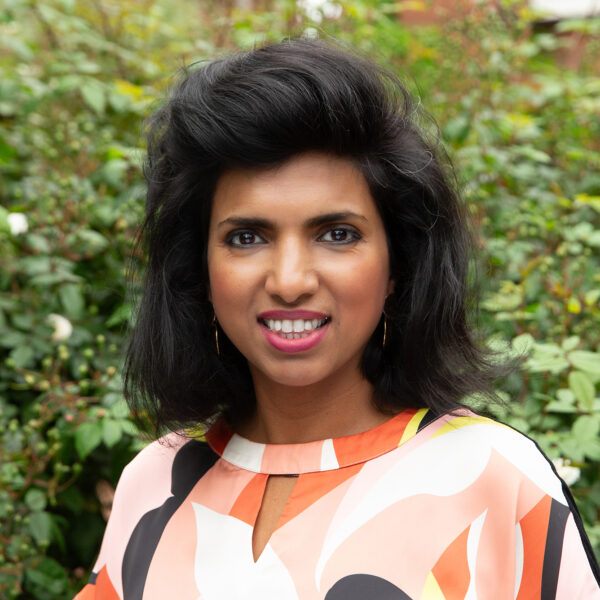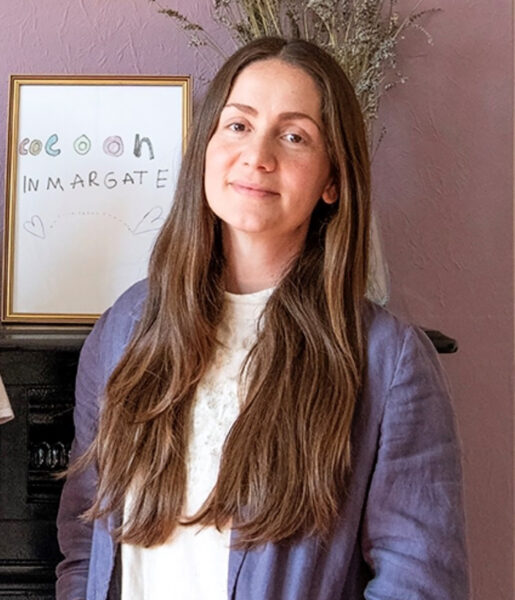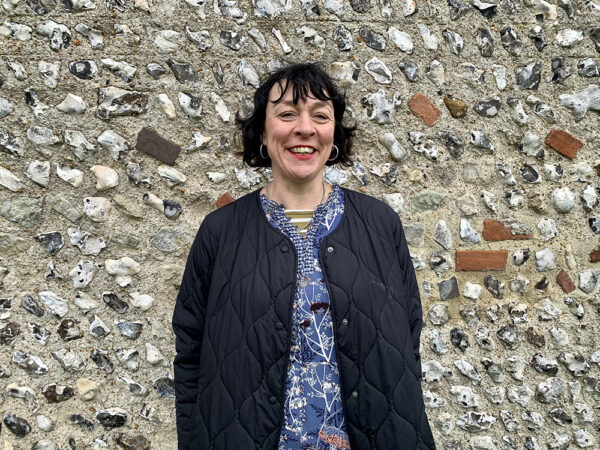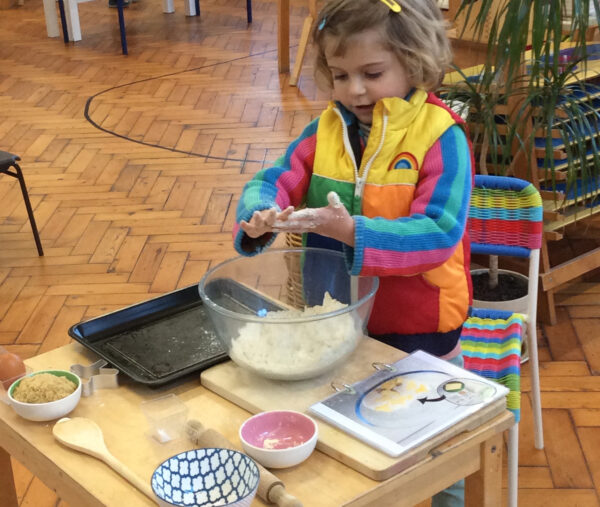My Journey to Montessori Education
My path to becoming a Montessori educator began quite naturally, rooted in my personal experiences and a gradual awakening to my passion for working with children. Growing up in Italy, I found myself drawn to caring for children within my local community from early adulthood. Those summer holidays spent volunteering as a childcare worker, organizing activities for younger children, planted the first seeds of what would become my life’s calling.
When I relocated to London in 2013, I continued working in the childcare sector, supporting various families with their daily routines and individual needs. Each family brought unique challenges and rewards, deepening my understanding of child development and family dynamics. However, it wasn’t until May 2019, when I joined a Montessori nursery in Hackney as an assistant, that I was truly introduced to the Montessori philosophy for the first time.
Discovering Montessori
The moment I stepped into that Montessori environment, something clicked. What intrigued me most about the Montessori approach was how it honoured the whole child. I was particularly drawn to the way Montessori materials are designed to support cognitive development in such hands-on and meaningful ways. The respect for each child’s individual pace and the emphasis on independence truly resonated with me – it felt like a natural extension of what I had always believed about children’s capabilities.
This initial exposure inspired me to pursue formal training. I began with the AMI Orientation course, before starting the Foundation Degree in Montessori Pedagogy (3-6) this is the Maria Montessori Institute’s degree route Montessori teacher training. Taking the degree course meant I could access UK student loans and gain a degree-level qualification as well as the world-recognised AMI Diploma 3-6 and the Early Years Educator qualification. With the degree course, which is offered in partnership with UEL, I had the option of an additional third year of study to gain a BA (Hons) in Early Childhood with Montessori Pedagogy and I have recently graduated from this.
The Training Experience
My decision to pursue the degree course was driven by a desire to deepen my understanding of early childhood development and Montessori philosophy, ultimately enhancing my ability to support the growth and well-being of young children. The Early Childhood degree course offered me a valuable opportunity to expand my knowledge and gain a comprehensive academic and practical foundation.
The training at the Maria Montessori Institute transformed me on many levels. The support from the trainers was outstanding and inspiring – they are deeply knowledgeable and committed to Montessori education. What I found most interesting about the course was the breadth of pedagogical knowledge I gained over the two years. Learning about child development, the theoretical foundations of Montessori, and how to apply these principles in classroom settings was incredibly enriching.
While I enjoyed every area of the course, I was especially drawn to Practical Life and Mathematics. I loved seeing how these areas lay such a strong foundation for independence, concentration, and logical thinking in children.
The biggest challenge was undoubtedly the workload. Completing each folder within the timeframe was quite demanding, but it was also rewarding to see my progress and witness how much I was learning along the way.
Teaching Practice: Theory Meets Reality
The teaching practice component was incredibly valuable, providing hands-on experience that no amount of theoretical study could replace. I completed my teaching practice in several AMI Montessori settings: at the Maria Montessori School in Hampstead, Grace Montessori in Hackney, and Montessori Bethnal Green. Each setting offered a unique experience and helped me grow in different ways.
One of the most rewarding aspects was interacting with the children and seeing their excitement when I presented activities that captured their interest. It was fulfilling to witness their curiosity and engagement grow through those moments. I remember many interactions, especially from my first teaching practice, but one moment stands out vividly.
There was a 4-year-old boy who initially showed little interest in the materials. But when he saw me presenting a sewing activity, he became intrigued and asked me to show him. He struggled at first but eventually completed the task independently. The pride and happiness on his face – it was a beautiful moment to witness. These interactions reinforced my belief in the Montessori principle of following the child’s natural interests and allowing them to guide their own learning.
I also learned a great deal by observing the teachers’ positive approaches to classroom management and their ways of handling various situations with calm and respect. Their ability to maintain a nurturing and structured environment was truly inspiring and shaped my own teaching philosophy.








